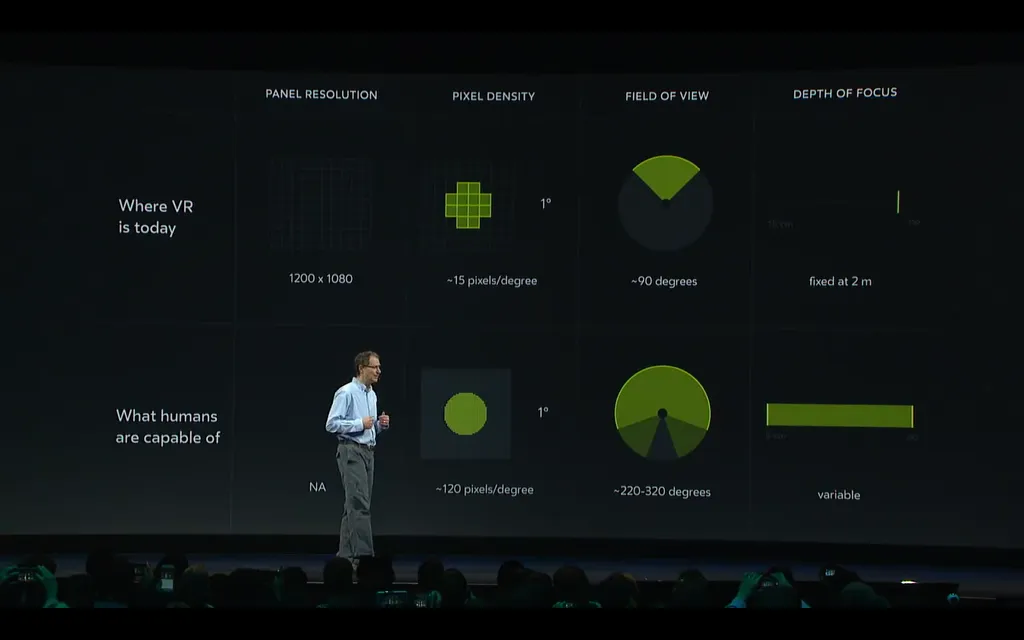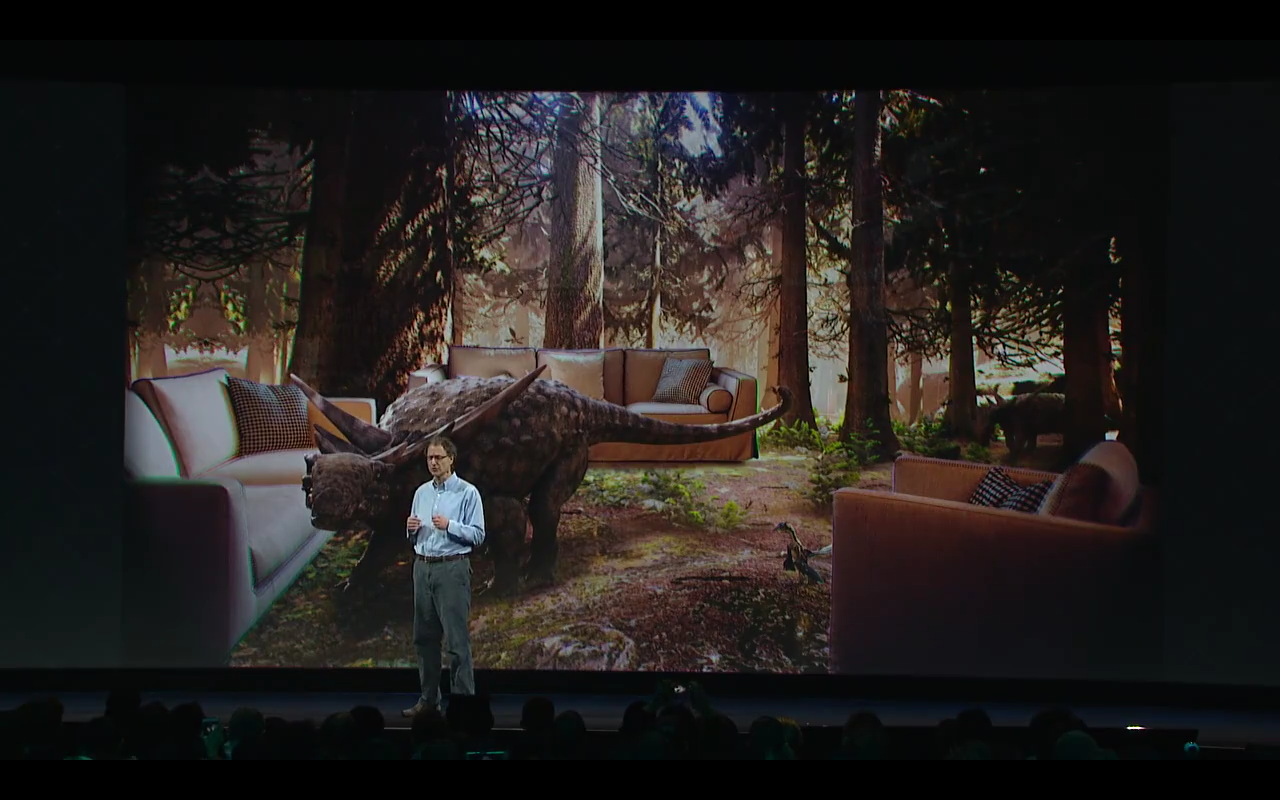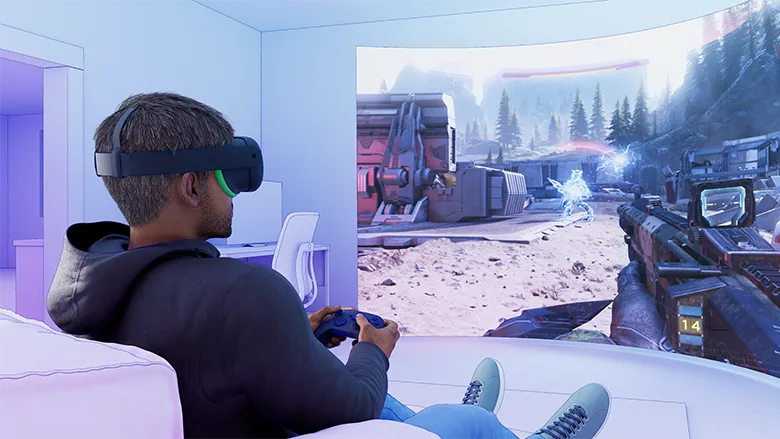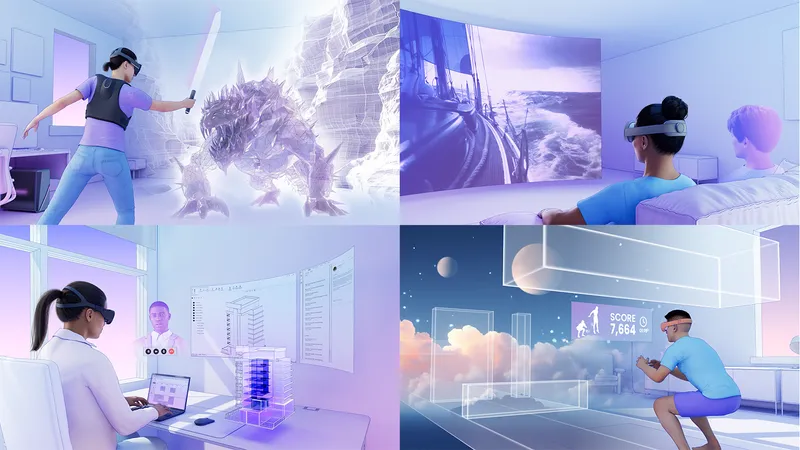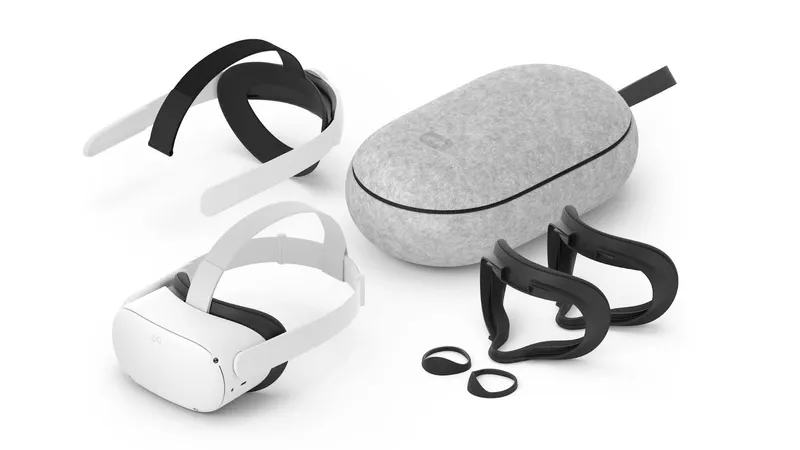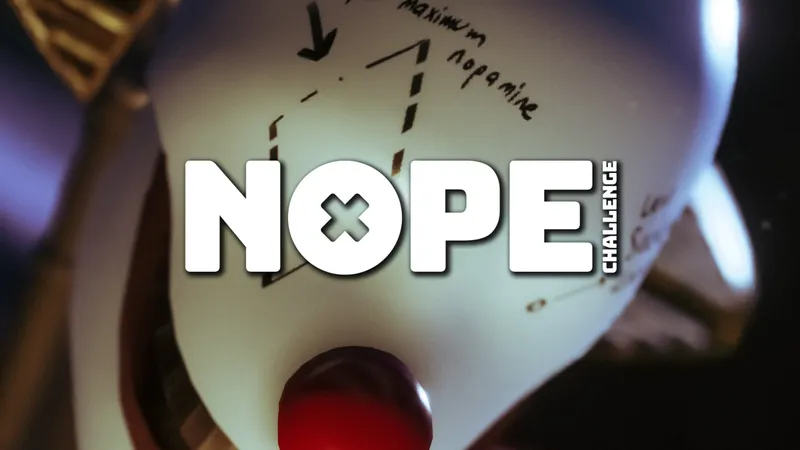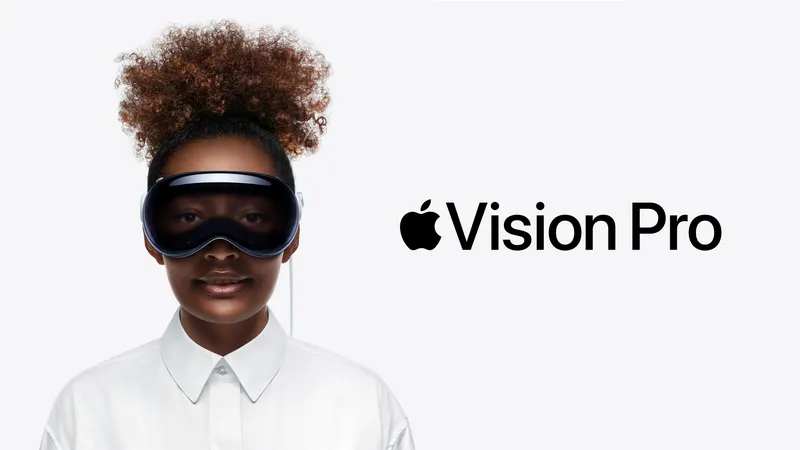Last week Oculus Chief Scientist Michael Abrash stood on the stage at Oculus Connect 3 and talked about where he thought VR will be in five years’ time. He made some bold predictions that are going to take a lot of work and resources to achieve.
That’s why Oculus Research is launching a $250,000 grant initiative looking to advance work in a few key areas. This isn’t like the company’s large investments into content. This money will be split between a maximum of three research proposals based in vision and cognitive science. Research will be carried out between the next one and two years, and submissions should be from academic institutions.
Oculus is looking to make progress in very specific fields with this money, and the findings from successful applicants will be released to the public. The company has outlined what it’s hoping to find in a Call for Research.
The first area the company is looking at is ‘Self-motion in VR’. That doesn’t mean new locomotion techniques, but instead the ways that information sources like a wider field of view affect user’s behavior in “three-dimensional scenes”. “More specifically,” the call notes, “we are interested in how these cues to depth may change the way the visual system uses other sources of shape information…to recover the three-dimensional layout of the virtual or augmented scene”.
Oculus is also looking for a team to develop a way to generate a ‘dataset of binocular eye movements’ within the real world. You might remember Abrash speaking about the complexity of delivering perfect eye-tracking in his talk last week, and this might be related. “While eye movements generated in laboratory settings are well studied,” the call reads, “much less data is available about eye movements in the natural world or in virtual reality.”
‘Multisensory studies’ is next. Oculus wants to understand why VR and AR experiences that cover multiple senses are so much more compelling than those that address a single one. “We would like to determine what features and characteristics make multisensory information so valuable in AR/VR,” the call notes.
Finally, Oculus is interested in “biological motion related to social signaling”. Again, this relates to another part of Abrash’s talk, this time concerning virtual humans. The company wants to establish the gestures, facial expressions, eye movements and other factors that are essential to communicating our intended messages beyond mere words. With a clear understanding of this, we could see more life-like avatars.
Submissions need to be emailed to callforresearch@oculus.com and will be a maximum of five pages in length, outlining methods, budget, and estimated timelines. Reviews for proposals will begin on October 25th and successful applicants will be contacted on November 1st.

